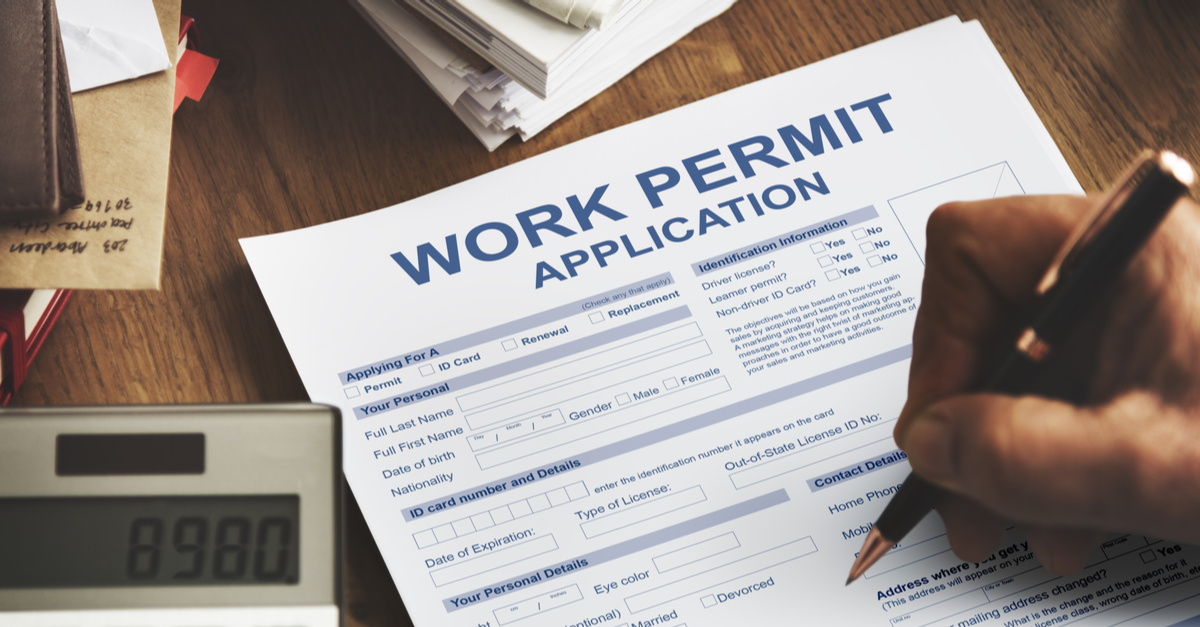
Arriving in Canada on a Work or Study Permit: What Every Newcomer Must Know
Smooth Entry Begins with Preparation
For thousands of newcomers—whether international students or temporary foreign workers—the moment they land in Canada marks the beginning of a life-changing journey. However, that first step at the airport or border can also be overwhelming without the right preparation. Knowing what to expect, which documents to carry, and what mistakes to avoid can make your arrival a seamless experience.
Essential Documents for Entry
Every traveler entering Canada must present specific documents depending on the purpose of their visit. For both international students and temporary foreign workers, these items are mandatory:
- A valid passport or other recognized travel document
- Proof of funds showing financial capacity to support your stay
- A valid visa or Electronic Travel Authorization (eTA) (if applicable)
- Your Letter of Introduction or Port of Entry Letter
Certain individuals are exempt from visa or eTA requirements, including U.S. citizens, U.S. green card holders, and French citizens residing in St. Pierre and Miquelon. U.S. citizens and green card holders may even apply for their study permits directly at the border.
Additional Requirements
Depending on your type of permit, extra documentation is required:
| Permit Type | Additional Documents |
|---|---|
| Study Permit | Letter of Acceptance, valid medical exam results (if needed) |
| Work Permit | Proof of qualifications and experience, LMIA (if applicable), job offer number, and CAQ for Quebec-bound workers |
Keep all essential papers in your carry-on bag, not in checked luggage. It’s also wise to have your Canadian address, emergency contacts, and local currency or credit cards readily accessible.
Understanding the Border Interview
Upon arrival, newcomers go through an interview with a Canada Border Services Agency (CBSA) officer. This step verifies your eligibility to enter the country and ensures you comply with your visa or permit conditions. The officer will check your documents, ask questions about your purpose of stay, and confirm that you intend to leave Canada once your permit expires.
Key reminder: Always answer truthfully. Any false information is considered misrepresentation, which could result in a five-year ban from entering Canada.
Once satisfied, the officer will issue your work or study permit on the spot. Double-check the details on your permit before leaving the airport — errors in names, dates, or restrictions should be corrected immediately.
If your arrival airport is not your final destination, make sure you allow enough time during your layover to complete this process. The permit must be issued at your first port of entry in Canada.
Crossing Through a Land Border
Those entering by land, such as from the United States, will experience a similar process. You’ll typically be asked to park and enter a nearby building for the CBSA interview. The requirements and questions remain the same as at airports.
Common Mistakes to Avoid
- Failing to Declare Funds Over CAD 10,000
You may carry any amount of money, but anything above CAD 10,000 must be declared to CBSA officers. This includes cash, cheques, bank drafts, and other negotiable instruments. Failure to declare may lead to confiscation of funds. - Bringing Too Much Prescription Medication
You can bring up to a 90-day supply of prescribed medication for personal use. Ensure the medication is in original packaging and accompanied by a valid prescription. - Not Declaring Controlled Substances
Certain medications—like opiates and stimulants—are classified under the Controlled Drugs and Substances Act. These must always be declared, even if prescribed. Carry proof from your doctor and limit to a 30-day or single treatment supply. - Carrying Prohibited or Restricted Items
Items such as firearms, certain foods, plants, animals, or cannabis products are either restricted or completely banned from entry. When unsure, declare the item or leave it behind.
Getting Your Social Insurance Number (SIN)
A Social Insurance Number (SIN) is essential for anyone working in Canada or accessing government benefits. Select airports now feature on-site Service Canada centers, allowing newcomers to apply immediately after arrival.
Service Canada counters are located at:
- Toronto Pearson International Airport
- Vancouver International Airport
- Montréal-Trudeau International Airport
- Calgary International Airport
- Edmonton International Airport
- Halifax Stanfield International Airport
If the center is closed when you arrive, you can apply online or visit a local Service Canada office later.
The Bottom Line
Arriving in Canada is an exciting milestone — but preparation is key. By ensuring all documents are ready, knowing your rights and obligations, and being honest during your border interview, you can start your new journey with confidence and peace of mind.
For a consultation about Immigration options, reach out to the CAD IMMIGRATION today!




